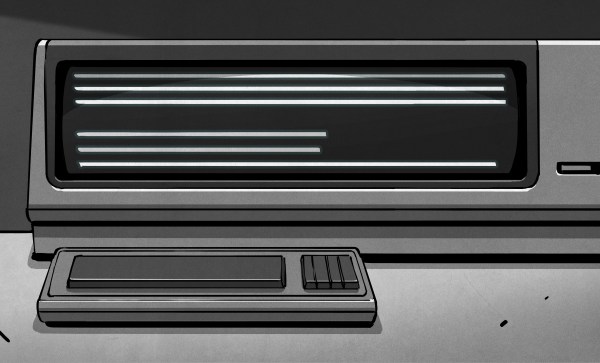One problem with modern programming languages is the reach their overly enthusiastic early adopters have nowadays thanks to the internet. As a result, everyone else’s first encounter with them are oftentimes some crude, fanboyish endeavors to rewrite every single established software project in that shiny new language — just because — which may leave an off-putting taste behind. However, Rust certainly seems to have outgrown this state by now, and with its rising popularity within the general developer population, it’s safe to say it will stick around. Will it fully replace C one day? Probably not, but there’s a big chance for coexistence, and [Nick Desaulniers] got the ball rolling for that within the Linux kernel.
Now, before you storm off pledging your allegiance to C by finding a new operating system: nothing is happening yet. [Nick] simply tested the waters for a possible future of Rust within the Linux kernel code base, which is something he’s planning to bring up for discussion in this year’s Linux Plumbers Conference — the annual kernel developer gathering. The interesting part is [Linus Torvalds]’s respone on the LKML thread, which leaves everyone hoping for a hearty signature Rust rant akin to his C++ one disappointed. Instead, his main concern is that a soft and optional introduction of the support in the build system would leave possible bugs hidden, and therefore should be automatically enabled if a Rust compiler is present — essentially implying that he seems otherwise on board.
We’ll see what comes of it, but with Rust language team lead [Josh Triplett] stating that enhancements benefiting and advancing a kernel integration are certainly imaginable for Rust itself, we might see interesting collaborations coming up in the near future. If you don’t want to wait for that and use Rust already today in a user-land driver, check out this 35c3 talk. And if that doesn’t go far enough for you, here’s a whole (non-Linux) kernel written in Rust.














